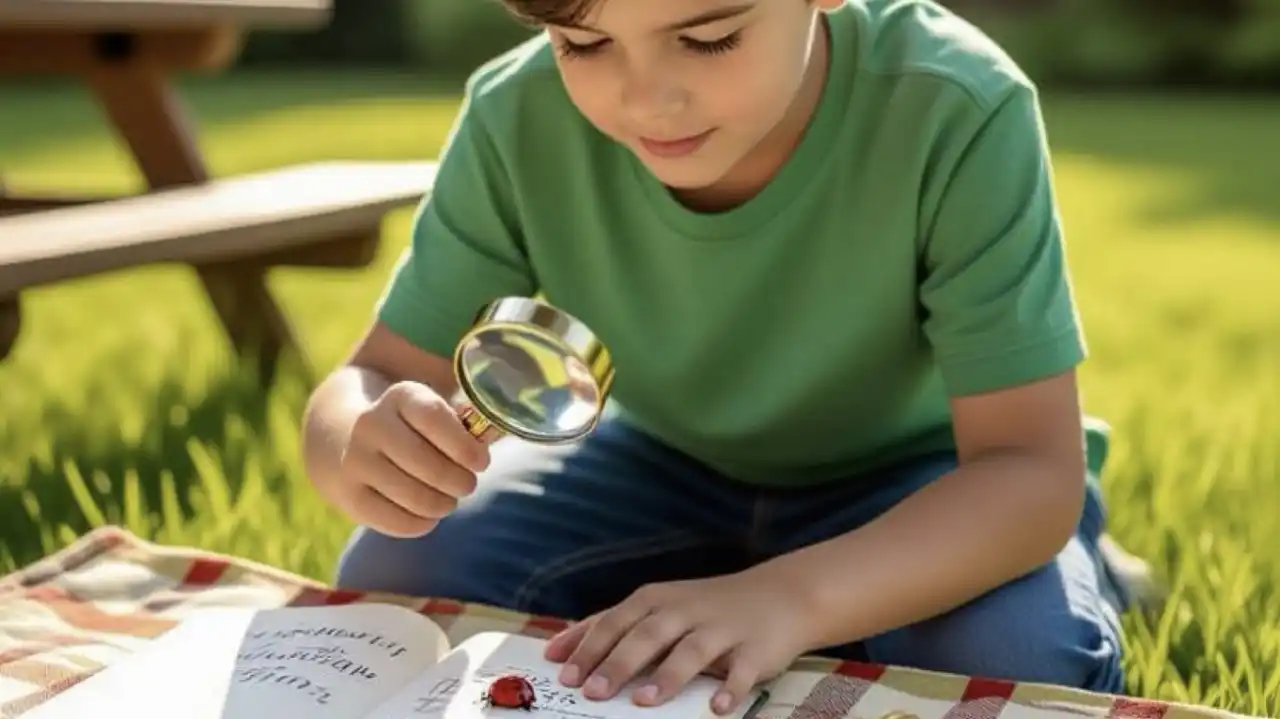
Nurturing Lifelong Curiosity: Conclusion
E
very why you welcome, every wander you share, shapes children who seek with vibrant joy. Like Parisian artists who tied their questions to life’s mysteries, you tie your child’s heart to wonder—sparked by stars, streams, or quiet dreams. They could drift, lost to screens or dulled by doubt, but your care keeps their spark alive. Schools may teach answers; you teach seeking. A question at dinner, a walk through the park, a shared why—these build minds that ask boldly and explore freely.
Their curiosity, nourished by your presence, becomes a drive that lights the way forward. Tonight, pause for a single why—a star, a shadow, a story—and watch their joy flare. That spark, tended again and again, becomes the force that guides them through life. Your encouragement doesn’t just grow curiosity. It grows thinkers who lead with wonder and act with heart.
Curiosity gives children the joy to keep learning—but joy alone isn’t enough. They also need direction: the resilience to keep going when things get hard. In the next chapter, we’ll explore how to nurture purpose, grit, and inner strength—so they don’t just think clearly, but live fully and well.
Table of contents

Primordial Soup for the Mind: Navigation
Navigate the book Primordial Soup for the Mind.
Further Reading
- Bruner, J. S. (1960). The Process of Education. Harvard University Press.
- Duckworth, E. (2006). The Having of Wonderful Ideas: And Other Essays on Teaching and Learning. Teachers College Press.
- Engel, S. (2015). The Hungry Mind: The Origins of Curiosity in Childhood. Harvard University Press.
- Ryan, R. M., & Deci, E. L. (2017). Self-Determination Theory: Basic Psychological Needs in Motivation, Development, and Wellness. Guilford Press.
- Gopnik, A. (2009). The Philosophical Baby: What Children’s Minds Tell Us About Truth, Love, and the Meaning of Life. Farrar, Straus and Giroux.
- Tough, P. (2012). How Children Succeed: Grit, Curiosity, and the Hidden Power of Character. Houghton Mifflin Harcourt.
- Dewey, J. (1938). Experience and Education. Kappa Delta Pi.
Online Resources
- Harvard Graduate School of Education – Usable Knowledge
- Greater Good Science Center (UC Berkeley)
- Edutopia (George Lucas Educational Foundation)
- National Association for the Education of Young Children (NAEYC)
- Child Mind Institute
- Learning Scientists (Cognitive science and education research)
- MindShift (KQED)



